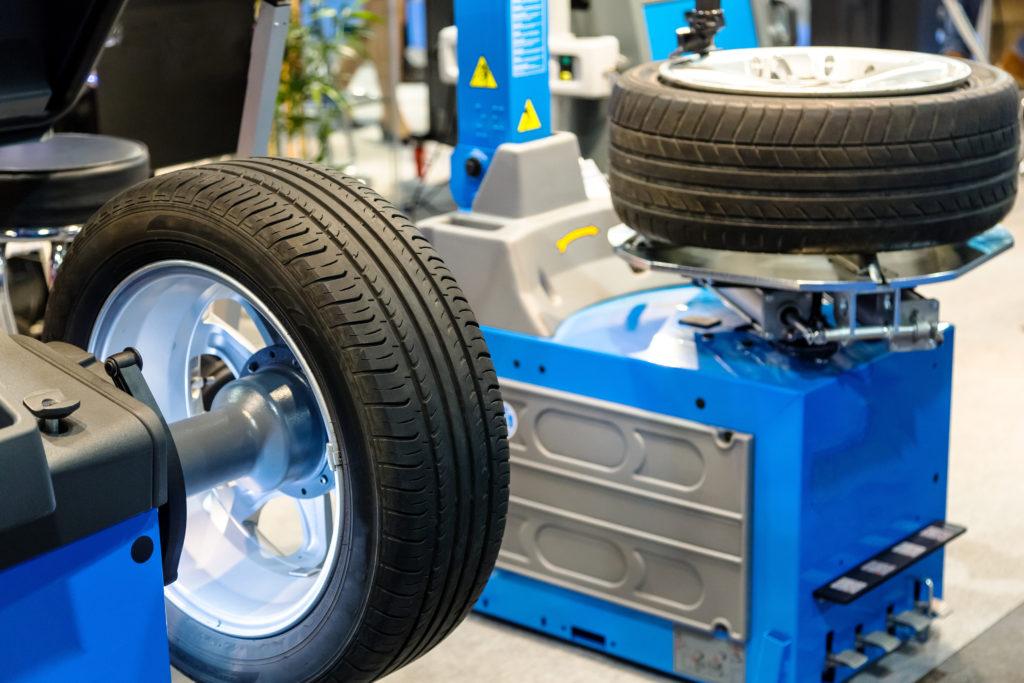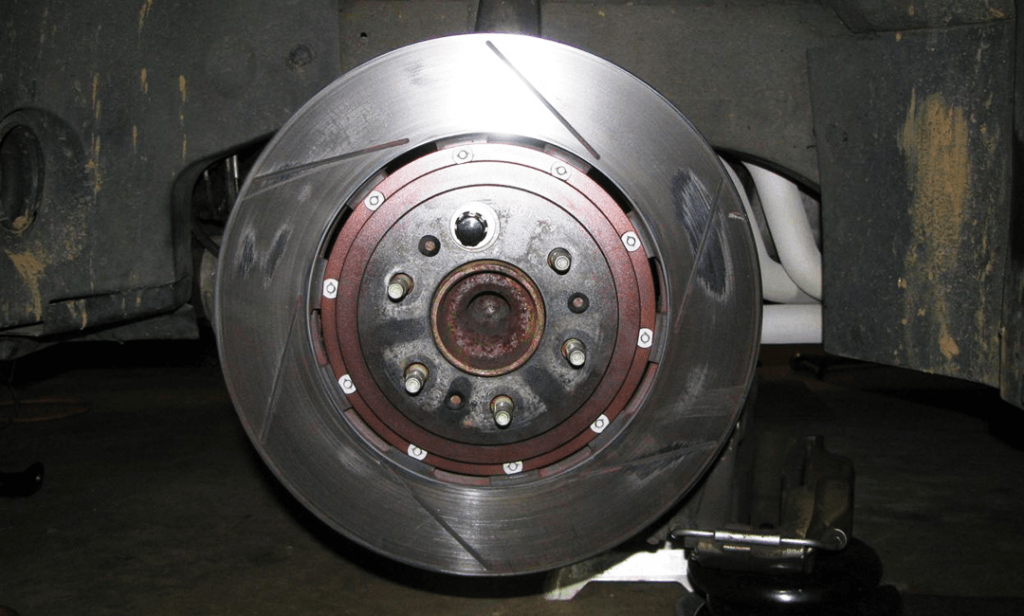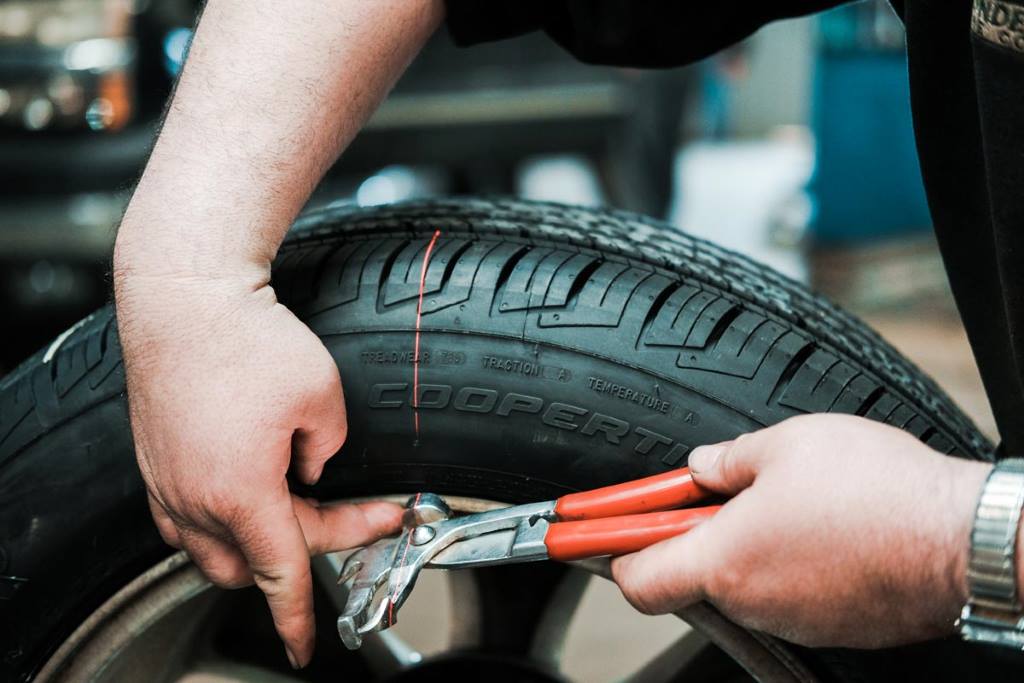What are the causes behind steering wheel shakes at high speeds or even at low speeds? Normally if your car is in good condition, you will navigate it in a very smooth and consistent way.
But sometimes, you experience steering wheel vibration, which means that some parts of your car become dysfunctional. To help you clear up this issue, our car experts give you some information below.
Contents
The Causes of Steering Wheel Vibration
The steering wheel establishes the driver’s connection to the car. It means that it will be the first thing to show signs if something inside the car is broken or dysfunctional.
It’s normal to experience occasional shaking and trembling, but it’s concerning when it becomes a regular occurrence. This video shows diagnoses of vibration problems at highway speeds.
Let’s find out some possible reasons for shaking at high and low speeds:
The Reasons for Steering Wheel Shakes at High Speeds
The most obvious culprit is tire problems, especially the ones that are out of balance. The car will shake when you drive at more than 20 to 30 miles per hour. The shaking will grow with the increase in speed.
Uneven wear on the tire is what you should look for when this problem arises. A deflated tire can also cause the same thing. Make sure that all four tires have proper inflation and no rough wear.

Similarly, a car that is out of alignment will also create the same problem at high speeds. It could happen if you drive often on roads full of rough patches and potholes.
A misaligned vehicle is a reason for the tires to wear unevenly, which eventually leads to steering wheel shakes at high speeds.
The brake caliper could be responsible too, but only in older vehicles. If the steering wheel shakes at 50mph or so and it is followed by a burning smell, you should immediately take the car to a repair shop.
In addition, wheel bearing issues can be to blame when the car vibrates at high speeds. The wheel bearings connect the wheel hub to the suspension of the vehicle.
Lubricant is used within the wheel bearing housing to keep the bearings cool and decrease heat accumulation while the wheel rotates. Wheel bearings lose lubricity with time, and if they are not replaced in a timely way, they can cause the wheel hub to loosen.
The loose wheel will tremble when the car goes down the road, which may be felt in the steering wheel.
If the wheel bearings are not replaced promptly, they can shatter and cause the entire wheel/hub assembly to come off the vehicle, creating a dangerous driving condition.
The axle is another reason and it also causes car shakes at high speed. When that part is damaged or bent, it will cause vibration whenever you drive the car. It’s a problem that needs immediate attention.
The Reasons for Steering Wheel Shakes at Low Speed
In addition to the steering wheel vibration at high speeds, you may also be asking why does my steering wheel shake at low speeds? Here are some problems you should keep a close eye on.
The brake rotors are the first thing to be checked when the steering wheel wobbles at the time of slowing down at highway speeds.
The same problem also creates a pulsating in the brake pedal. If this is the case, changing the warped brake rotors will solve the shaking problem.

A faulty brake could be another reason for vibration. If you feel violently shaking through the wheel at the time of braking, it’s time to check out all the parts of the brakes. If replacing the rotors does not work, you have to replace the entire braking system.
Another issue causing steering wheel shakes when driving is the engine issues. Although engine problems might produce tremors throughout the car, you’re likely to feel them first in the steering wheel.
Fuel supply, air induction, or spark-related issues can all have a detrimental impact on smooth running, resulting in engine compartment vibration. When you accelerate, a faulty engine mount might cause the steering wheel to shake.
Bring your vehicle to a specialist as soon as possible to have the engine issue properly diagnosed if you notice a shaky steering wheel at low speeds.
FAQs On Steering Wheel Shaking At High Speeds
Is driving with a shaky steering wheel safe?
With a shaking steering wheel, you may still drive your automobile, but it does imply that you should consult with an expert technician as soon as possible.
At what rate do imbalanced tires shake?
Imbalanced tires can make your car shake at around 50 miles per hour. Vibration from out-of-balance tires is likely to begin at speeds of 50 miles per hour or greater. However, it may become less evident at higher speeds.
In an automobile, how much vibration is normal?
A normal-functioning car should weigh around 1,000 pounds. Something is wrong when a vehicle’s RPMs fall below or rise beyond average, especially if the car rattles when idling.
How can I fix a car shaking at high speeds?
If you notice vibrations emanating from the engine as you accelerate, it might be due to a lack of power, fuel, or oxygen. Check and replace the spark plugs, fuel filter, and air filter as needed to find out the exact circuit of the steering wheel shakes at high speeds.
How can drivers detect vibration while driving?
To assist validate if the car has an engine speed-related vibration, put it in park or neutral and increase the engine speed to the RPM at which the vibration occurred to see whether the vibration can be replicated.
If the problem is replicated, the diagnosis should start with engine speed-related components.

Wrapping Up
Many drivers who encounter a little steering wheel shakiness don’t give it much thought. Even if the shaking worsens, people may postpone coming to the mechanic because they don’t want to pay the money to fix the problem.
When spinning components are out of balance, there is a good chance that the additional vibration may cause more damage. These additional vibrations may cause bolts to back out and loosen.
When this happens to essential components like suspension and brakes, it produces an extremely dangerous condition. The longer you wait, the more damage your tires, brakes, wheel components, axle, and/or engine will sustain.
As soon as you feel your steering wheel shakes at high speeds or even at low speeds, get it looked out ASAP!
For more helpful car maintenance tips, follow Car From Japan today.




i have, a skoda supurb 2.0 TDi. when driving betweem 40 and 60mph. the car wobbles from side to side and stops if i slow below 40 mph. i have changed two rear tyres that were badly worn on the inside edge. same size tyres fitted but different maker. since changing tyres the wobble has intensyfied as i had not noticed this before the tyres were changed. had the sreering tracking altered and the wheels ballanced with no change. the only other thing i have changed on the car is that i have added a tow bar. the car is fine when towing with only very slight wobble. wobbles a lot when not towing. ?
My steering wheel shakes at all speeds and I don’t feel it in the pedal. I have a Ram 1500 2007.
I have a BMW 325i automatic 2001 the steering is heavy and I’ve noticed a couple of times I’ve gone 50mph the steering wheel shakes any body know what it is thanks
why does the rim rub against the outter tie rod while making turns. 2009 infiniti M35X